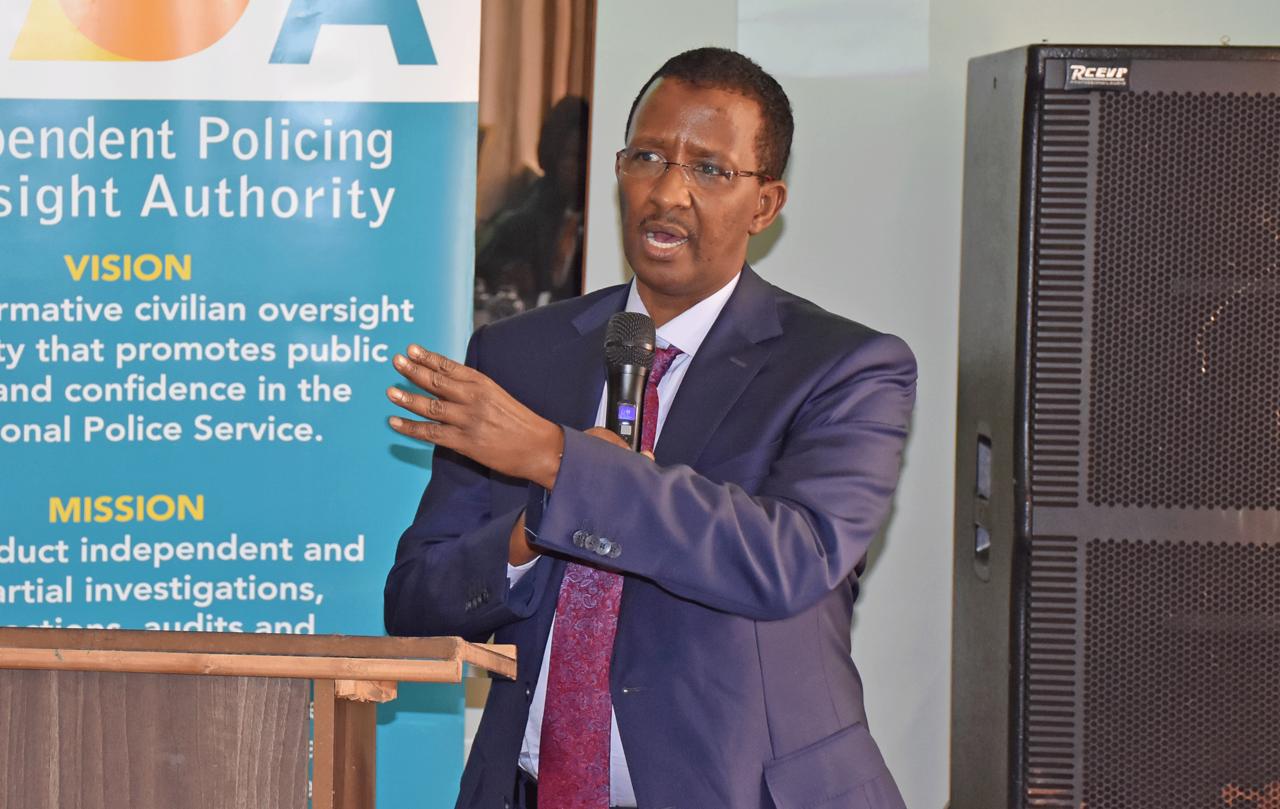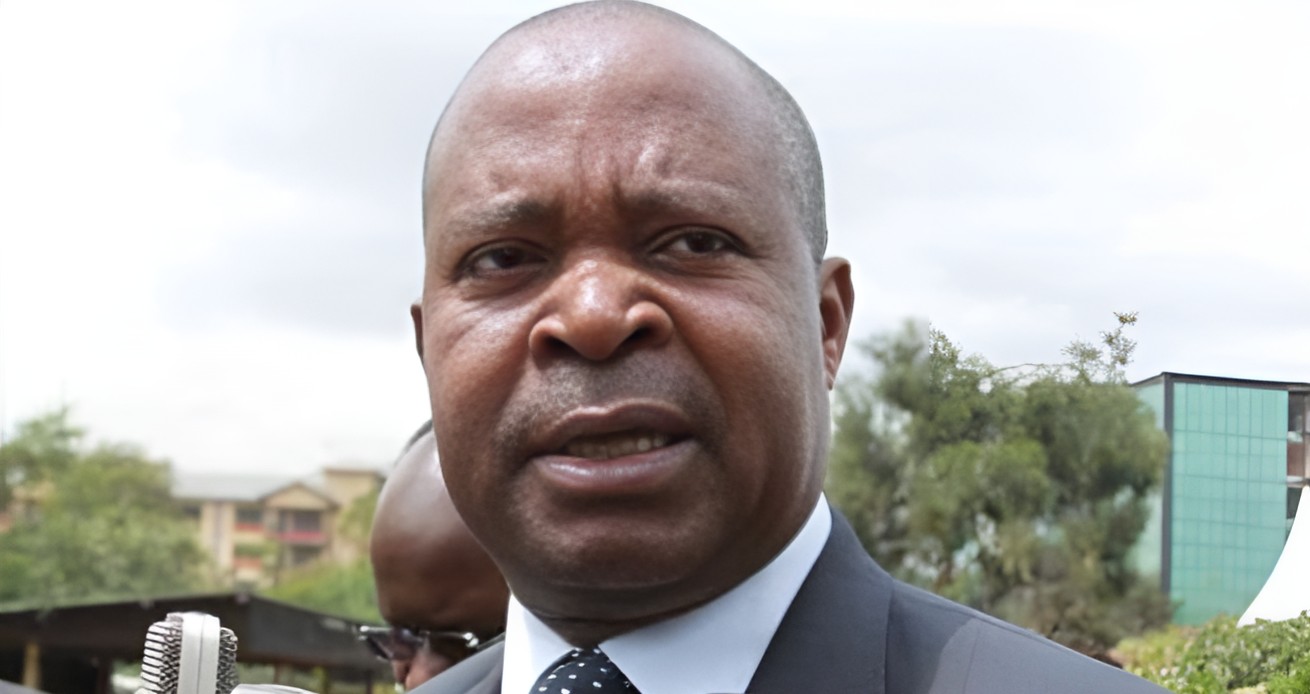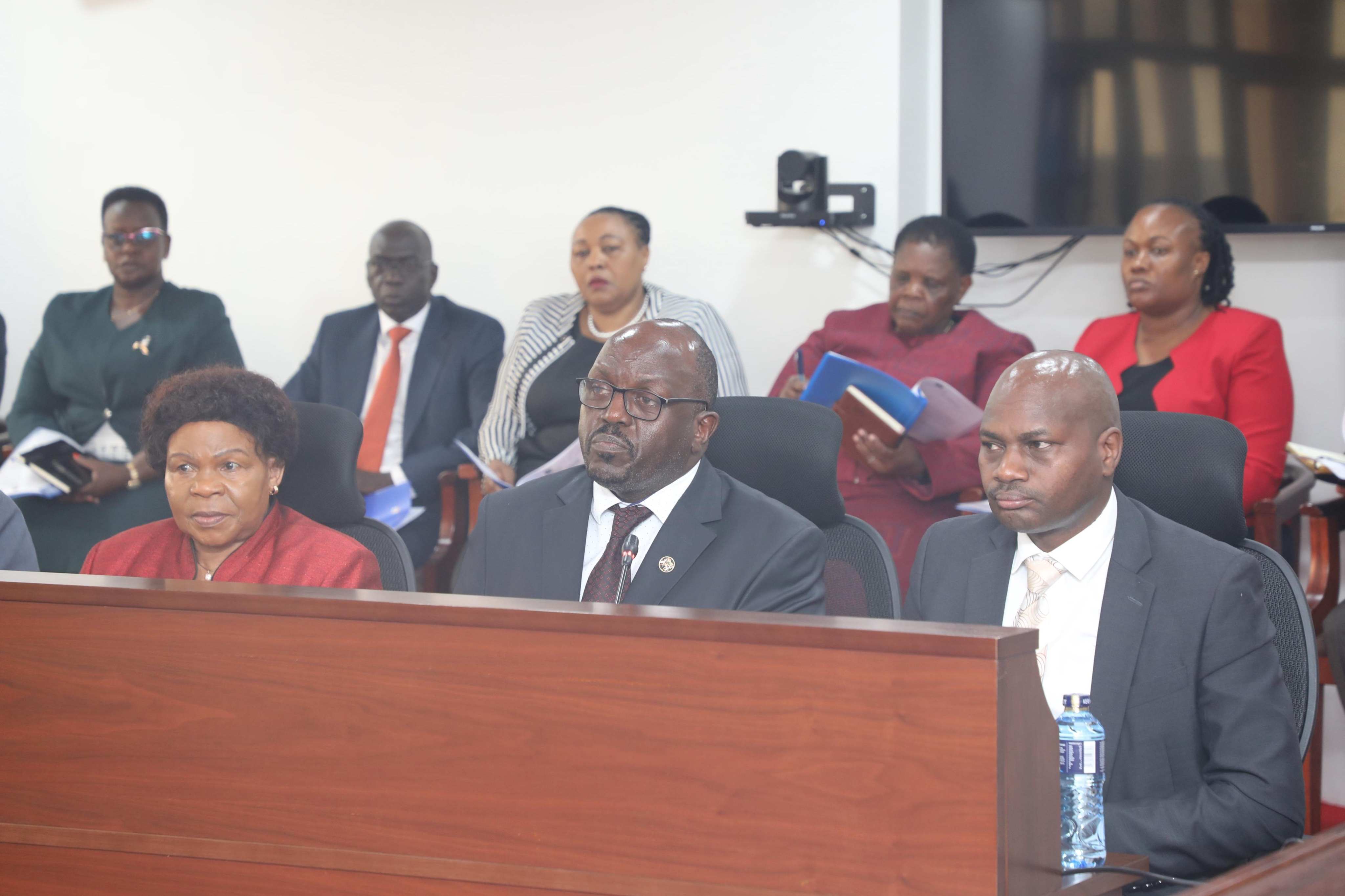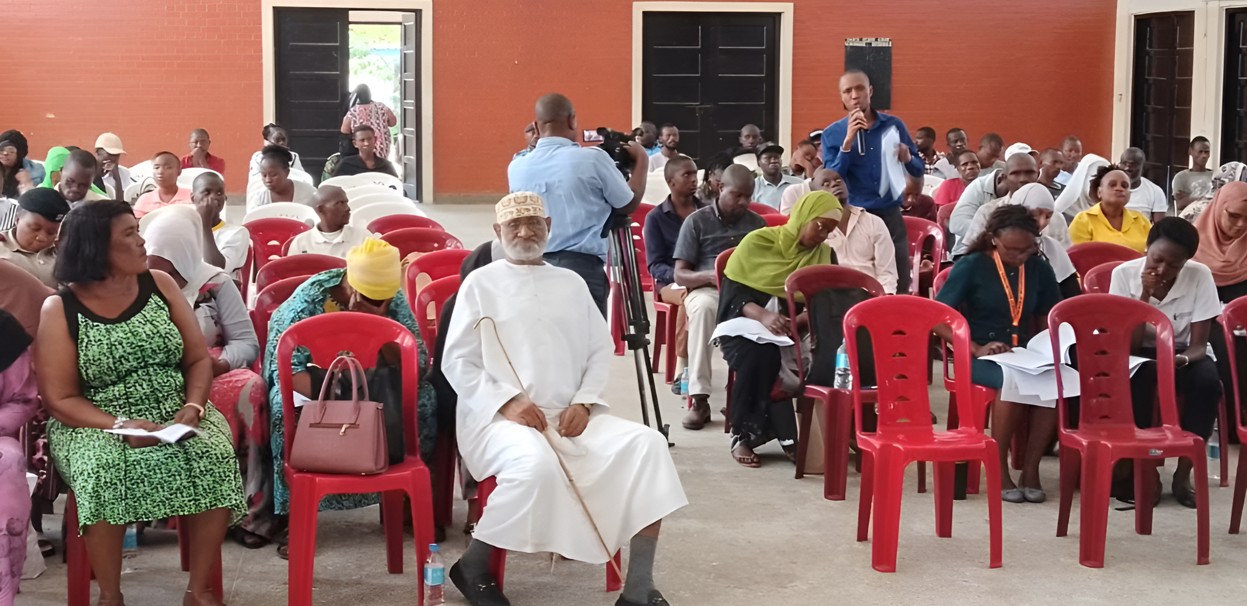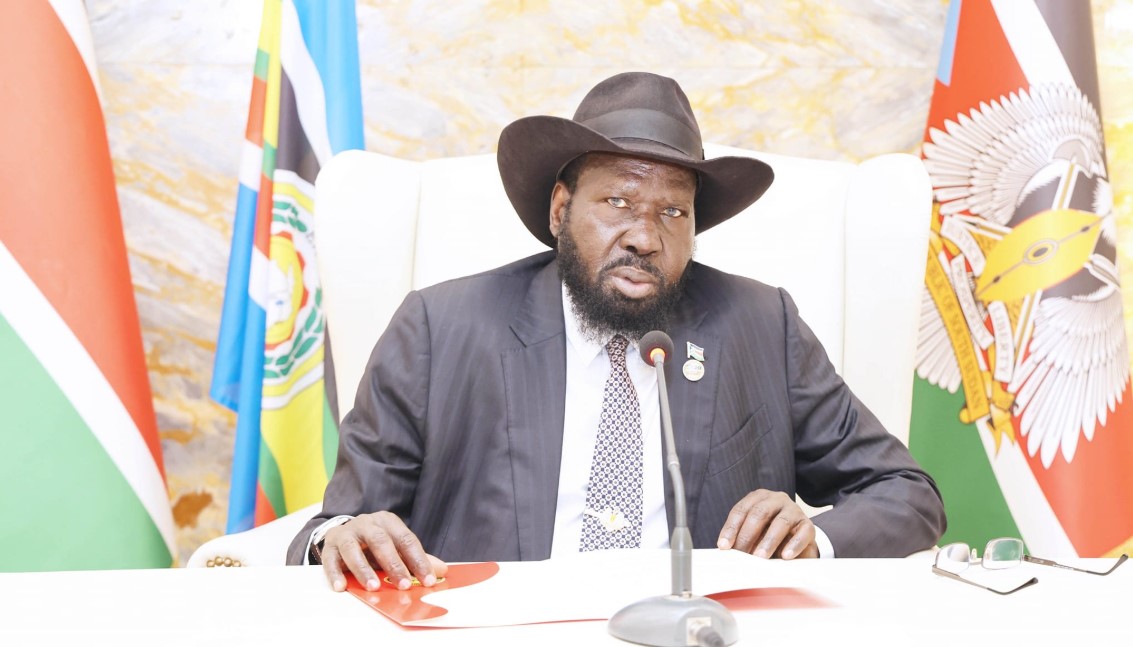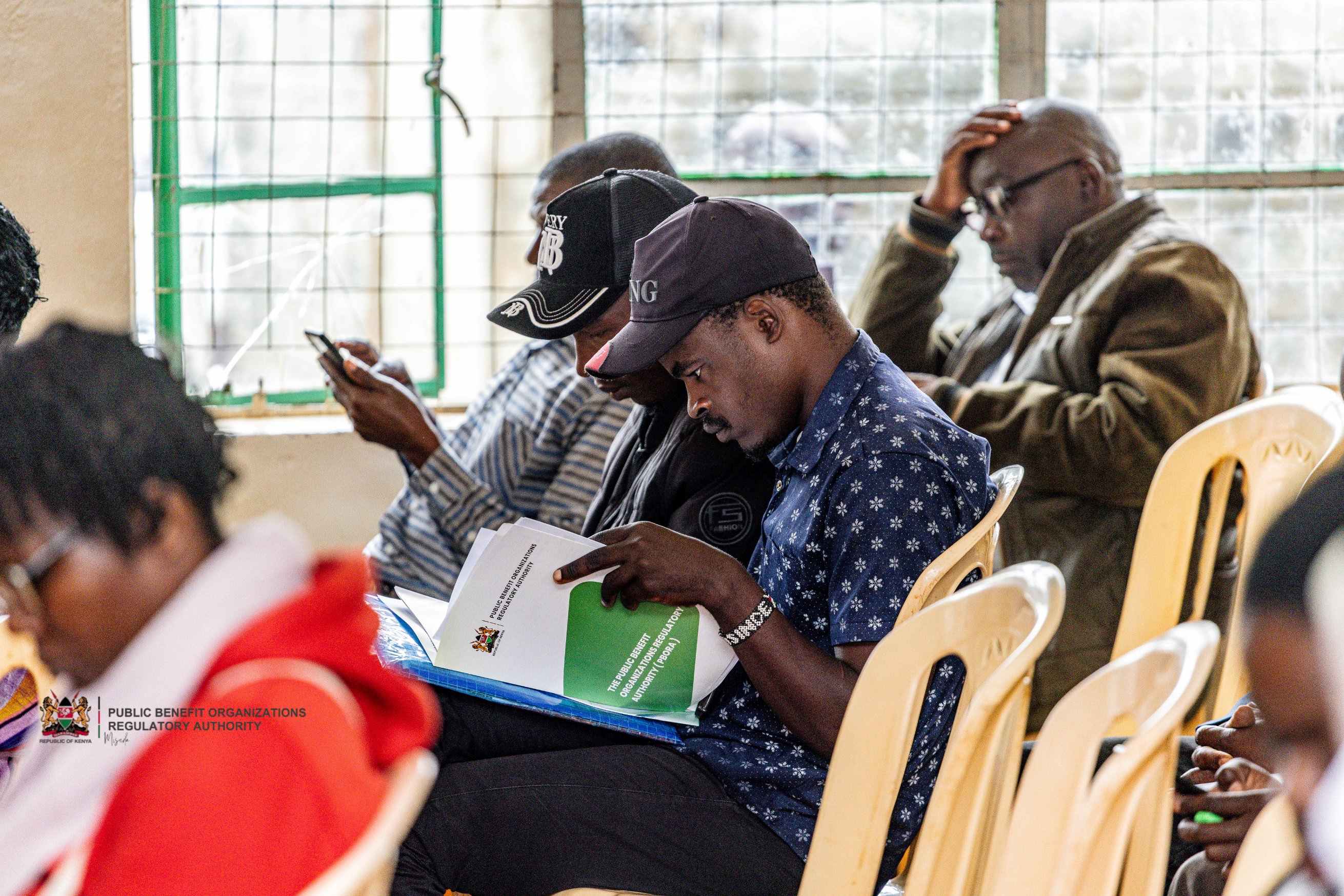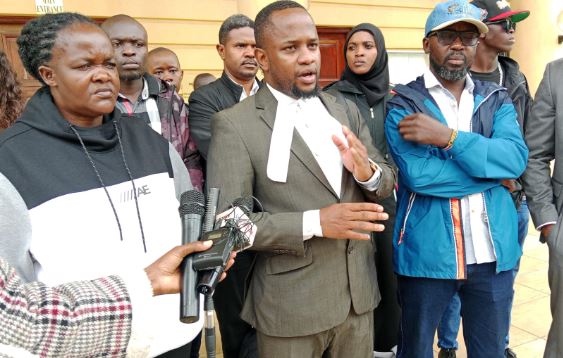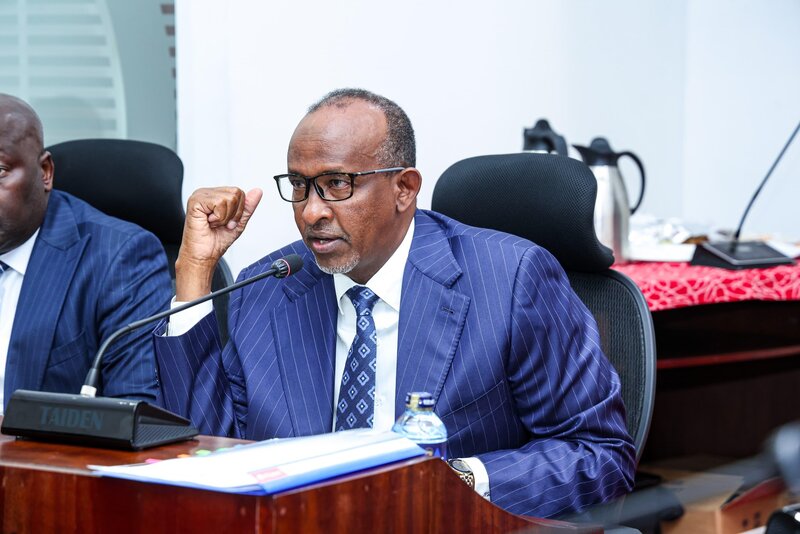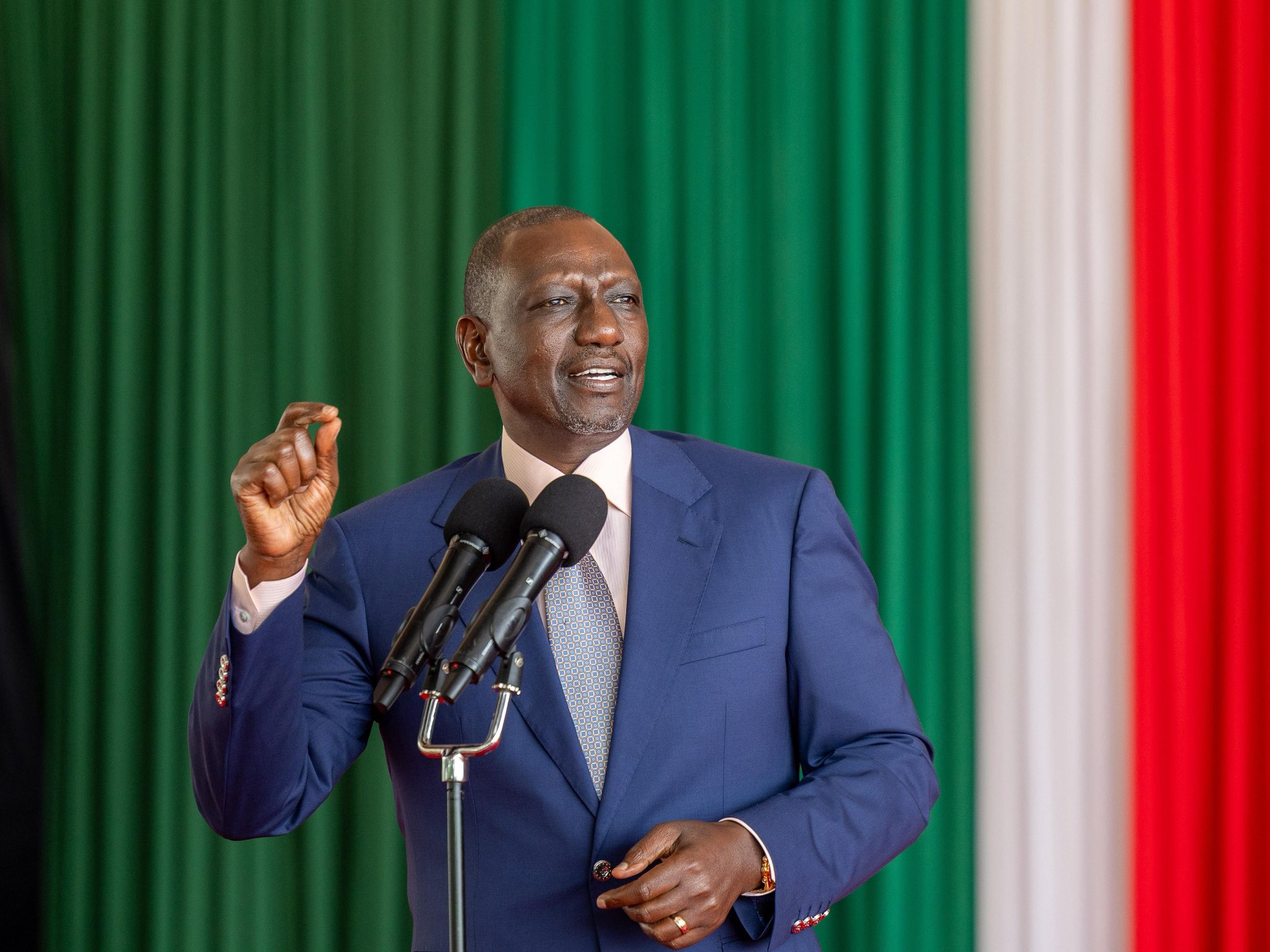Government to close over 2,000 bars near schools in nationwide crackdown

The government's push to close alcohol outlets is part of a broader strategy to curb alcohol consumption.
The government has initiated a sweeping operation to close 2,257 bars and alcohol outlets situated within 300 meters of schools, as part of an ongoing effort to regulate alcohol consumption near educational institutions.
The directive, issued by Internal Security and National Administration Principal Secretary Raymond Omollo, orders immediate action to enforce the Alcoholic Drinks Control Act.
More To Read
- Kenya to raise legal drinking age to 21, ban online alcohol sales in major policy overhaul
- Why taxing sugar, alcohol won’t solve Kenya’s consumption crisis - here’s what must change
- Lamu parents urged to support boy child amid rising drug addiction linked to neglect
- NACADA shuts down illegal rehab centre over inhumane conditions
- Bhang was their father: A mother’s raw journey through addiction, survival and sobriety
- Governor Abdulswamad tables proposal to curb abuse of prescription drugs in Mombasa
In a letter addressed to regional and county security committees, the PS highlighted the rising number of alcohol outlets near schools, stating that their proximity to learning institutions has created an unsafe and disruptive environment for students.
"There has been a proliferation of alcoholic outlets near basic education institutions. This has greatly hampered the government's efforts to ensure that learning takes place in a conducive and safe environment," Omollo said.
The crackdown targets 2,257 bars and alcohol shops, including well-known locations such as Nairobi's Egesa East Villa and popular joints in Kisumu, including Bistro, Mamba, and Da Vunduba.
According to the Alcoholic Drinks Control Act, these outlets violate Section 12(1)(c), which mandates that alcohol-selling establishments must be located at least 300 meters away from any educational facility, including nursery schools, primary schools, and secondary schools.
Disrupting learning
The law, introduced in 2010, was designed to prevent the negative impact of alcohol on young people, with concerns that these outlets lure students into alcohol consumption, resulting in behavioural issues, violence, and disturbances that disrupt learning.
The presence of alcohol outlets near schools has long been a point of contention, and the government has vowed to clamp down on these illegal operations.
As part of the enforcement, the Interior Ministry has made public the list of all alcohol outlets operating within the 300-meter radius of schools, including their GPS coordinates and the level of education institutions near them.
"The State Department for Basic Education has mapped out alcoholic outlets within 300 meters of Basic learning institutions. The list is hereby attached for ease of reference. This is therefore to direct that you liaise with the relevant agencies to ensure that bars and other alcoholic drinks dispensing outlets operating in breach of the said provision are closed with immediate effect," Omollo said.
This latest initiative is not the first time the government has targeted bars near schools. Over the years, the National Campaign Against Alcohol and Drug Abuse (Nacada) has periodically shut down non-compliant outlets, though many have reopened due to weak enforcement and external pressures.
However, the crackdown could have significant economic consequences. Thousands of workers employed at the affected bars may lose their jobs, and it could impact the sales of major alcohol manufacturers such as East African Breweries Limited (EABL), Kenya Wine Agencies Limited (KWAL), and Keroche Breweries.
EABL, for instance, reported a decline in profits in its full-year results to June, with its net income falling from Sh18.71 billion the previous year to Sh16.77 billion.
The government's push to close alcohol outlets is part of a broader strategy to curb alcohol consumption, which also includes high taxation on alcoholic products and action against illicit liquor.
Unregulated brews
Earlier this year, the government closed down 2,393 liquor stores selling illegal brews as part of its crackdown on the illicit alcohol trade.
This comes amid rising concerns over the growing popularity of unregulated brews such as muratina, busaa, and chang'aa, which have contributed to health risks in communities.
This latest initiative aligns with President William Ruto's administration's broader efforts to control alcohol consumption, especially among the youth.
Former Deputy President Rigathi Gachagua had been tasked with overseeing the fight against alcohol abuse in central Kenya, a region where alcohol addiction has caused significant harm to young people.
Top Stories Today




